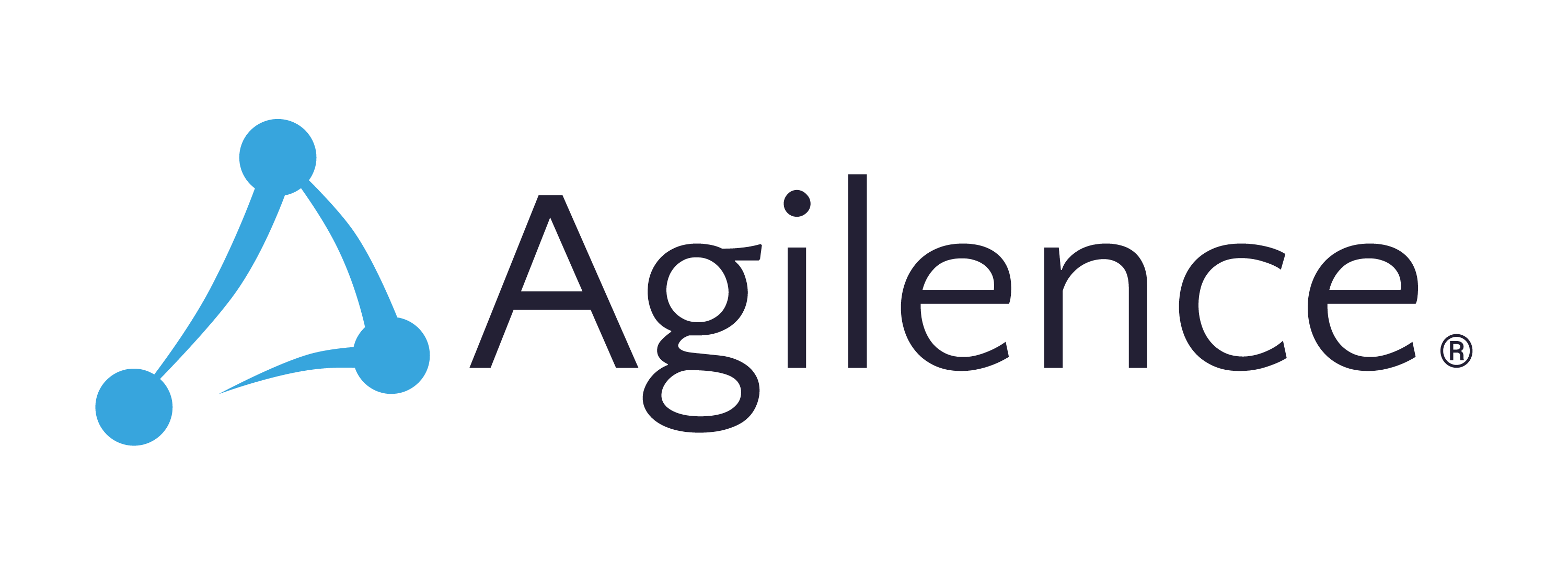If you’ve kept up with financial news over the past year, you probably already noticed that a “green gold rush” is taking place across North America. What was once a massive underground operation has now flourished into a legitimate (and legal) billion dollar industry. With full legalization across Canada and 33 of the 50 U.S. States recognizing either medicinal or recreational cannabis use, it’s no surprise that this rapidly growing industry is seeing the emergence of very sophisticated technology solutions.
Today, the cannatech industry is developing software solutions targeted at improving the day-to-day operations of cannabis brands, manufacturers, distributors, and retailers. Many of these solutions are designed to support only one aspect of a dispensary’s business while the macroeconomic convergence of rising consumer demand, widescale investment, and legal gray areas is all thrown on the business to solve. During boom times, it’s quite possible to run a cannabis dispensary through sheer gut instinct but as cannabis migrates from the vanguard of business to more of an agricultural commodity leveraging true retail analytics will be critical for future success within the hypercompetitive cannabis market.
Before we dive further into the use of analytics in this industry, let’s give a quick overview of the types of dispensaries growing across North America.
Medical Dispensaries vs. Adult-Use Cannabis Dispensaries
Medical
When people speak about medical marijuana dispensaries, they’re talking about stores that focus on helping patients alleviate the symptoms of certain conditions or diseases. A common theme in medical cannabis is the higher content of CBD (cannabidiol). CBD is known for its non-psychoactive therapeutic properties and there are many in the medical community who believe cannabinoids will be a potential weapon in the war against opioids.
Medical dispensaries are regulated and taxed differently than adult-use (recreational) cannabis stores. The interior design of medical dispensaries typically resembles a doctor’s office rather than a typical storefront and requires a doctor’s prescription or referral as well.
Adult-Use (Recreational) Dispensaries
The phrase “adult-use” comes from the concept that patrons of a cannabis dispensary are not all consuming cannabis solely for recreational purposes. Adult-use shops require fewer prerequisites than a medical dispensary and in many cases offer a hybrid of both CBD and THC-infused products. THC or tetrahydrocannabinol is the psychoactive compound that is synonymous with feeling “high.”
While medical and adult-use (recreational) dispensaries may somewhat differ in their intent – the core need for tracking proper patient and consumer use is critical. Collecting and analyzing massive amounts of data can be a powerful business function, and the world’s most innovative marijuana merchants have been investing in it for years. But as competition continues to increase, many dispensaries are struggling to remain relevant— luckily, data analytics can help dispensary operators uncover actionable insights like opportunities for sales improvement, minimizing loss, and increasing labor efficiency.
Rise of the Multi-State Operator
For the cannabis industry, the emergence of multi-state operators (MSO’s) is a trend that is inevitable as competition and consolidation take their course across North America. Where much of the cannabis industry found its roots in Mom & Pop vendors, the new model for cannabis growth appears to be via the multi-state operator. An MSO runs their enterprise through medical, retail and cultivation centers spread across multiple states or provinces; similar to what most of us are accustomed to with traditional retail chains.
Additionally, many multi-state operators are publicly traded; brands like Acreage Holdings, Curaleaf Holdings, and Trulieve are just a few that can currently be bought and sold on the OTC Markets.
4 Cannabis Dispensary Benefits of Data Analytics
As cannabis brands and MSO’s battle it out for market share, it’s critical that all operators are making better business decisions by leveraging their data. Dispensary operators need a better way to critique performance across multiple locations, balance inventory and track optimal staffing.
Whether your dispensary mostly sells the products that you grow or manufacture in-house, or you wholesale a variety of brands, every cannabis dispensary should focus on instilling a data-driven culture that ultimately helps deliver a world-class customer experience. Here are 4 ways that dispensary operators can turn their data into action and improve their overall operation.
1. Monitoring Compliance
Because the rules of the game continuing changing on the legal front, dispensaries need dependable analytics solutions that can provide checks and balances on compliance. In states like California where “track & trace” systems have been implemented, it’s critical that dispensaries have access to daily sales reports, receipts, returns, etc. so that every transaction, plant, and product is tracked from seed to sale.
Solutions like 20/20 Retail offer multi-store reporting that be used for track & trace compliance as well as prescriptive alerts that can notify everyone from management to bud tenders when a compliance issue arises within a single location or chain-wide. Whether it’s keeping tabs on inventory, monitoring your cannabis-specific tax requirements, or avoiding illegal sales it’s critical that dispensaries no longer rely on antiquated spreadsheets or only their POS system to run an operation that may span multiple locations or even multiple states/provinces.
2. Loss Prevention/Asset Protection
Analytics can also be used to aid loss prevention efforts by identifying internal and external theft and fraud, customer interface issues, and inventory shrinkage. In an industry where the possession and distribution of stolen product can lead to serious legal issues, it’s important that dispensaries do not only rely on video as their source of tracking loss and theft. By monitoring transactional data, dispensary operators can identify suspicious transactions through bench-marking. Rather than starting with video and searching for the problem, management can avoid false positives and allow the data to tell you when an individual dispensary, employee, or product is outside the norm.
3. Tracking & Improving Sales
As mentioned before there are mandatory requirements for tracking sales to stay legally compliant but aside from compliance, sales analytics can help improve your overall profits too. Whether your dispensary is selling directly to patients or consumers, knowing your best products, your best bud tenders and your best customers habits can help increase your top line growth.
Analytics can help bring more focus to the most profitable products within a single location or multiple locations and alternatively can bring to light whether any well-intended product discounting has been hurting your margins too. A robust data analytics solution will also allow dispensary operators to identify high-performing employees to praise or advance and low performers to re-train or motivate to improve.
4. Increasing Staff Efficiency
The cannabis industry is beginning to see a labor shortage as well as face the potential headwinds of unionized labor. This means that your dispensary should be hyper-focused on identifying and reducing operational bottlenecks. Through enterprise-wide analytics and reporting, dispensaries can drill-down into the processes, products and people that delivering optimal throughput.
Analytics can identify an employee’s strengths regarding sales, order size, speed of service, etc. When an issue arises, data can help managers determine if the issue is training related or if the employee is in the wrong position for their skill set. When dispensaries better understand their employee’s strengths and weaknesses based on performance they can put them in a better position to be efficient and successful.
Overall, the right data and data analytics tools can be an incredible help in measuring performance across multiple locations, balancing inventory, and creating positive customer experiences.
To learn more about how to embrace enterprise-wide data analytics to improve profits, download our white paper, "The Retail Cannabis Loss Prevention Guide."



 Pedro Ramos
Pedro Ramos




